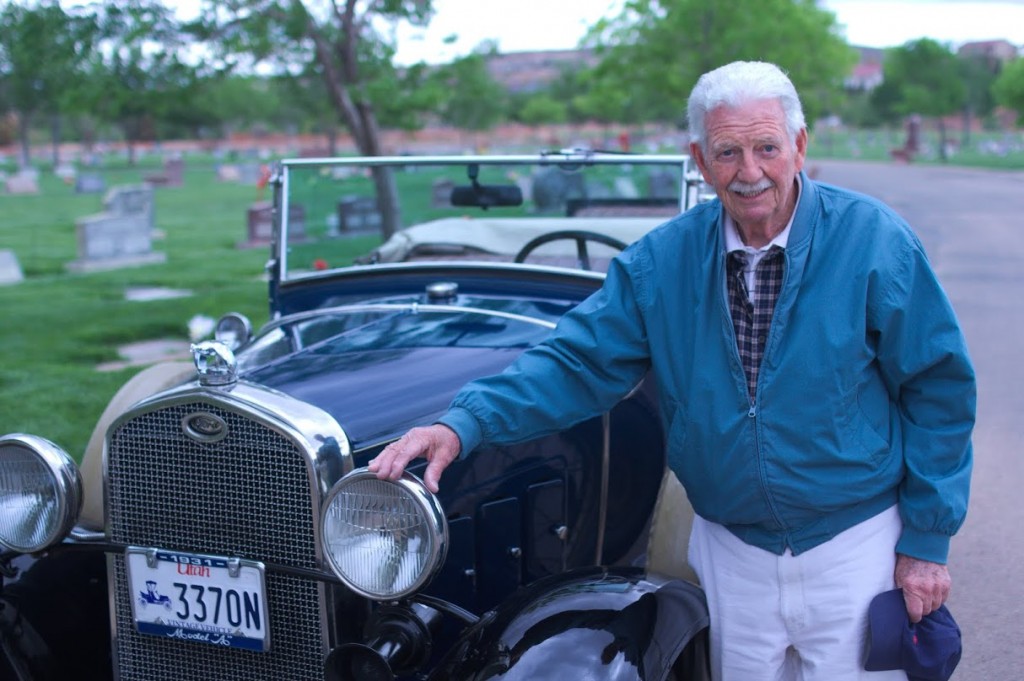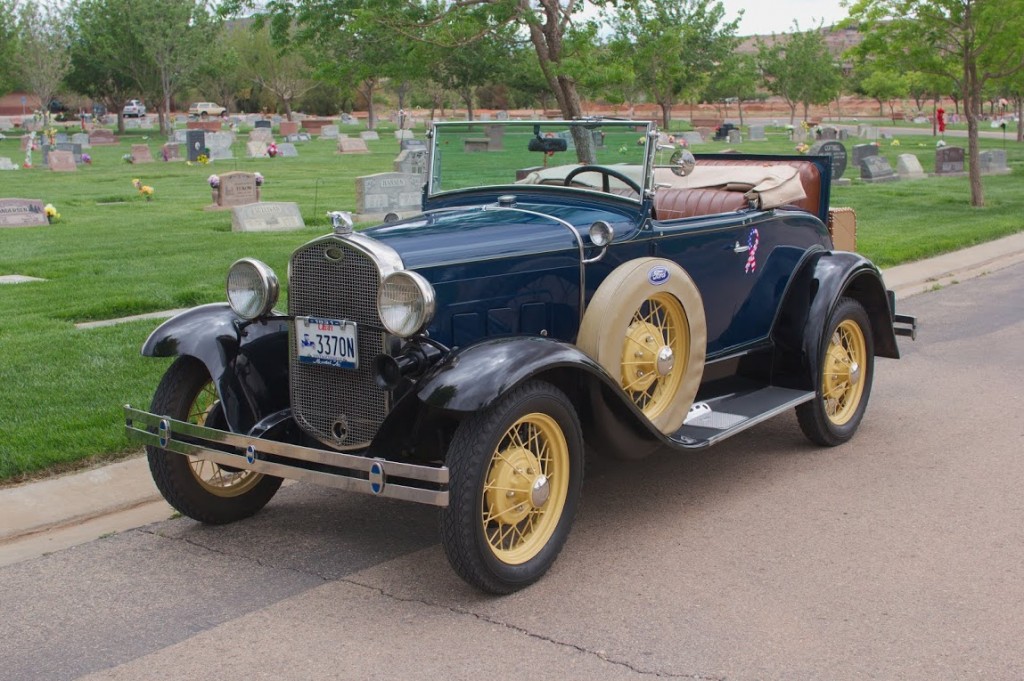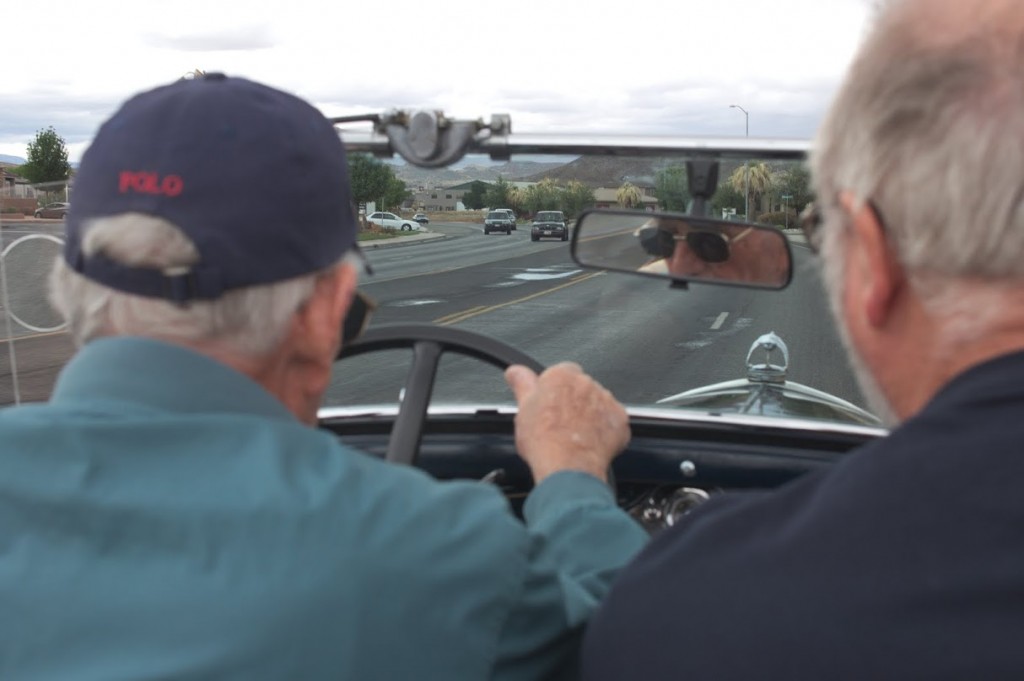So last weekend I finally got around to opening The Elegance of the Hedgehog, a bestselling novel that has been collecting dust under my bed for the last three years—along with a myriad of other bestselling novels that, one fine day, I am going to read. (One Fine Day—oh, how I love you!)
I can barely put this book down, though I’m forcing myself to on occasion, simply to delay the ending of it. It’s the same logic that keeps me hanging on to a gift card for a year after I’ve received it because once I spend it, see, I won’t have it anymore. If I finish The Elegance of the Hedgehog, I will no longer get to read The Elegance of the Hedgehog, and we certainly can’t have that. Because it is (excuse the pompous word) exquisite.
The narrative alternates between the voice of a stodgy middle-aged apartment concierge (who, beneath her working class exterior, is a raging intellectual) and that of a brilliant, disillusioned twelve-year old girl who lives in the same building. They ruminate on life and literature and art and human beings and it is just a riot. Despite their numerous references to all things high-brow, the characters are deeply human–and hilarious–while they serve up mind-bending insights. One of my favorites so far is a passage in which the concierge (Renee) describes a scene from Anna Karenina. This scene finds Levin, an aristocrat who has no need to work his own fields, nevertheless choosing one day to scythe alongside his peasant workers. Renee writes in her journal:
Levin’s arms and shoulders are soaked in sweat, but with each successive pause and start, his awkward, painful gestures become more fluid. A welcome breeze suddenly caresses his back. A summer rain. Gradually, his movements are freed from the shackles of his will, and he goes into a light trance which gives his gestures the perfection of conscious, automatic motion, without thought or calculation, and the scythe seems to move of its own accord. Levin delights in the forgetfulness that movement brings, where the pleasure of doing is marvelously foreign to the striving of the will.
Nice, but what Renee wrote next is what got me:
This is eminently true of many happy moments in life. Freed from the demands of decision and intention, adrift on some inner sea, we observe our various movements as if they belonged to someone else, and yet we admire their involuntary excellence. What other reaon might I have for writing this—ridiculous journal of an aging concierge—if the writing did not have something of the art of scything about it? The lines gradually become their own demiurges and, like some witless yet miraculous participant, I witness the birth on paper of sentences that have eluded my will and appear in spite of me on the sheet, teaching me something that I neither knew nor thought I might want to know. This painless birth, like an unsolicited proof, gives me untold pleasure, and with neither toil nor certainty but the joy of frank astonishment I follow the pen that is guiding and supporting me.
“I witness the birth on paper of sentences that have eluded my will and appear in spite of me on the sheet, teaching me something that I neither knew nor thought I might want to know.”
Goodness, Renee is on to something. Isn’t that precisely why we write, to figure out what we think about things? It’s why, though few people call themselves “writers,” so many of us keep blogs, or even journals. It’s why we write marathon texts; why we pour our hearts out in emails we know we’ll never send. Like frumpy and frustrated Renee, we are all trying, with our varied voices and viewpoints, to learn what we never even knew we wanted to know.
And here is what I learned from this passage: everyone is—or should be—their own kind of writer. On some level, at some point, each of us is driven to communicate and make our own voice heard. Some do it with words, some with pictures, others with music. But when we are truly engaged with it our chosen medium will, like Levin’s scythe, invite us each into that “light trance” and then “move of its own accord.” That is the place where we will learn something that we neither knew nor thought we might want to know. We can start by reading and looking and listening but, ultimately, we will get there only by writing and painting and composing. We will get there only by doing.
So. What do you want to know that you never knew nor thought you might want to know?
As for me, I don’t know. But I think I’ll start writing and find out.





